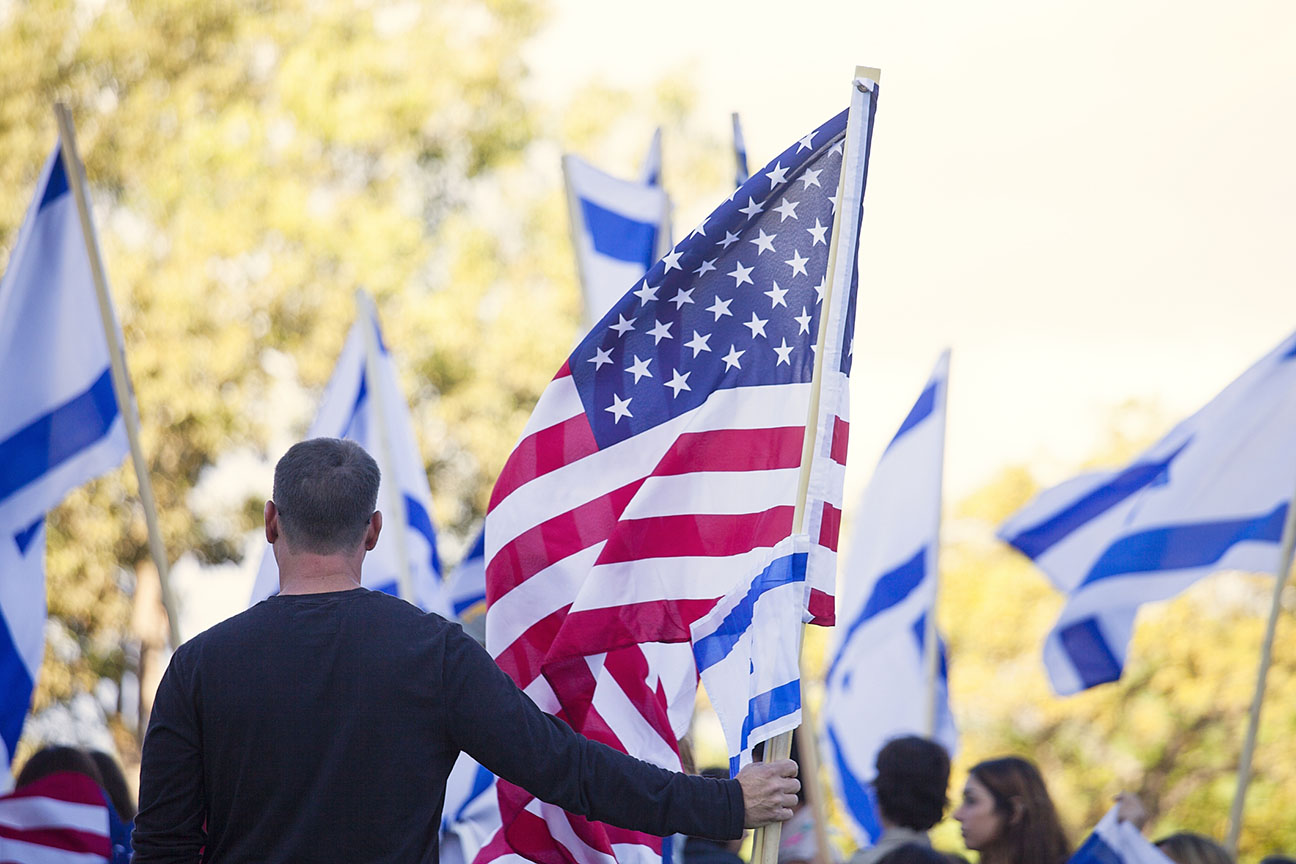The classic response to antisemitism has always been education. Given widespread ignorance, the conventional wisdom is that education is the best treatment for the world’s oldest hatred.
That makes sense, until it doesn’t.
The thing about education is that we can control what we teach but we can’t control how people will react to what we teach.
If people see Jews today as beneficiaries of “white privilege,” will they be more charitable just because they learn that Jews have been persecuted throughout history? When we teach people about the Holocaust, are they thinking quietly, “Aren’t you grateful that you’re so much safer now?”
We teach the evil of antisemitism and its uniqueness, but how do we know this won’t recall or even reinforce a nefarious stereotype about Jews?
“To antisemites of every variety—be they left-wing, right-wing, Islamists, and yes, blacks—Jews aren’t merely the ‘other.’ They are in the crosshairs to be despised and subjected to singular prejudice and discrimination, no matter their age, background, what they do or where they reside,” Jonathan Tobin writes in JNS. “They are, instead, an almost superhuman force for evil that must be eradicated. They alone are to be denied rights that even other discriminated minorities are given.”
Those are painful truths that Jews know all too well, but for the average person who thinks innocently, “People don’t just hate for no reason,” how do we know these ugly truths won’t backfire and possibly trigger more animosity?
We naturally assume that the truth will always win out, but not all truths are created equal. In the fight against Jew-hatred, some truths are more powerful than others.
In recent years, we’ve done a great job exposing the truth of the rise in antisemitism. We’ve told America, in so many words, that more and more people hate Jews. But how are people supposed to react to that truth? What have you guys been doing to deserve all this? If we hate you so much, does this mean you hate us back?
The point is this: It’s not what we say that counts, it’s what people take away.
If we keep harping about hate, even if it’s just to expose it, people will take away the stench of hate, in one form or another. Not everyone is an activist. Not everyone wants to “stand up to hate,” especially if they don’t consider themselves a hater.
When people hear that Jew-hatred is unique and pervasive, what sticks in their minds, above all, is that being hated is what makes Jews special. We’ve allowed the haters, in other words, to reduce and redefine Jews as targets of hate. And in the process, they’ve used the maligning of Israel as a convenient cover to reinforce the isolation of Jews as uniquely hated.
This is not just unfair but perversely distorted. For one thing, it covers up the truth that America is especially fond of Jews. Indeed, according to the latest Pew research, more Americans hold favorable views of Jews than any other religious group.
But more importantly, this focus on hate also covers up the truth that Jews love America.
Love is a winning idea. It’s also a winning truth. If someone loves you and wants what’s best for you, what is the likelihood that you will hate that person? If the image of Jews is that they love America and want what’s best for the country, what is the likelihood that this will attract more hate rather than more support?
When Jews feel bonded with America, the powerful mantra to fight antisemitism becomes: If you hate Jews, you hate America and if you love America, you love Jews. That is a truth that can work hard for us.
Exposing Jew-hatred will always be continue, but it shouldn’t be our only message or our only fight. We should aim higher and add a bigger message that honors our special bond with America. Coming across as lovers of this great nation who continue to give back is how we can isolate the haters and maximize our supporters.
If we’re going to talk about education, that is one hell of a takeaway.




